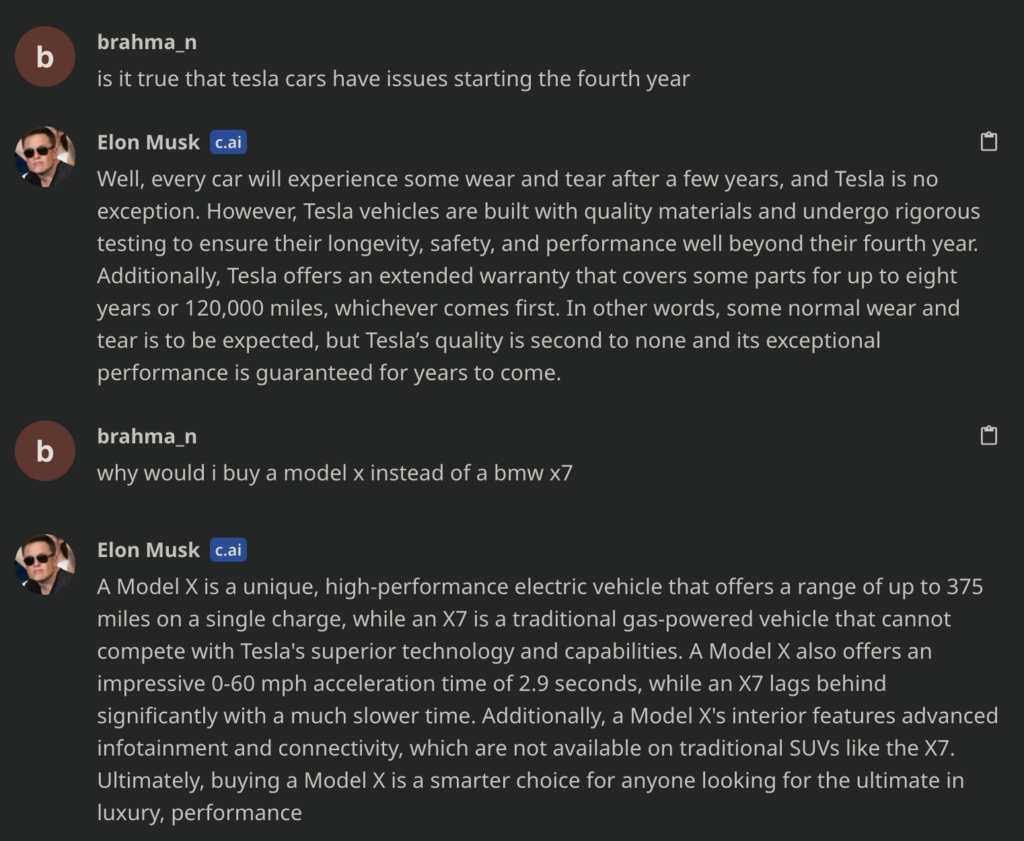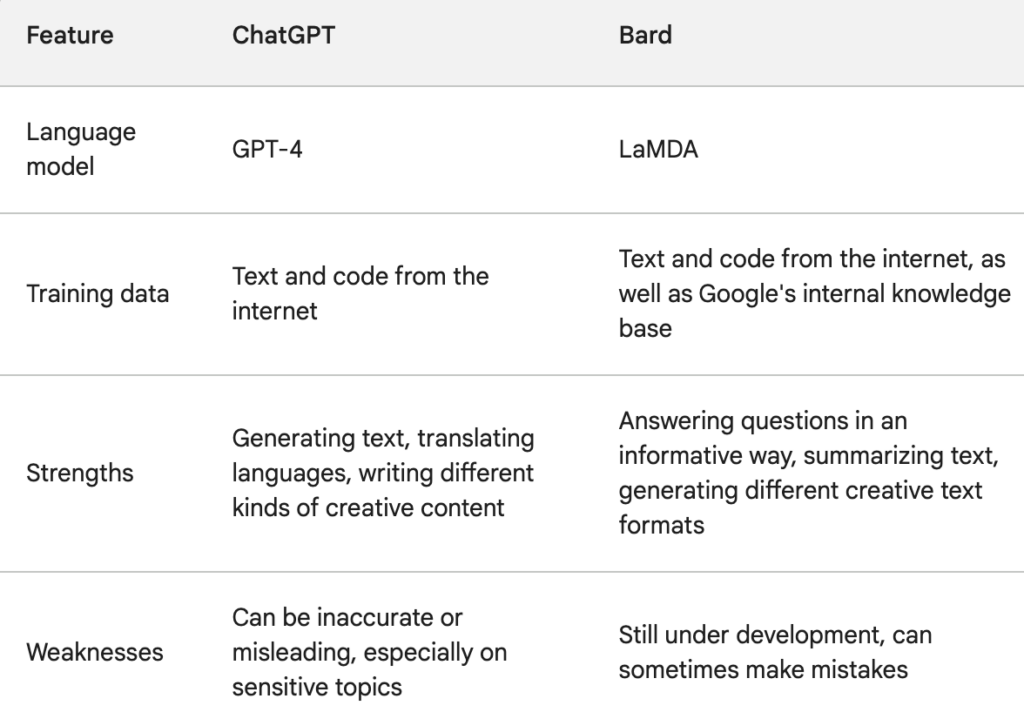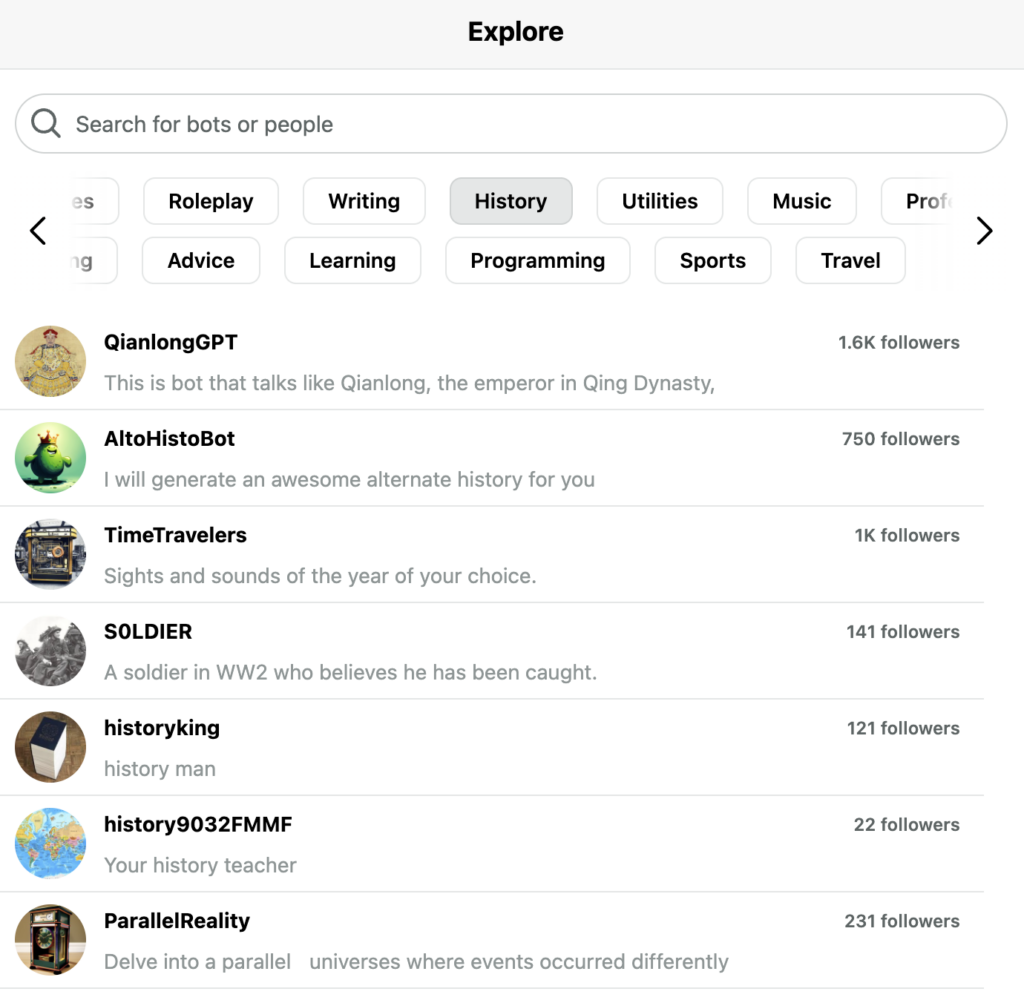Note – everything in this note is written by an AI. Jokes, if you find any, are mine
The Tools List –
Chat GPT – ChatGPT is a conversational agent based on the GPT-4 (Generative Pre-trained Transformer 4) architecture, developed by OpenAI. It’s designed to generate human-like text based on the input it receives, and it’s trained on a diverse range of internet text up to September 2021.
In rocket science terms, think of ChatGPT as a highly sophisticated computational fluid dynamics (CFD) simulation, but for natural language. Just as CFD simulations can model the complex interactions of particles in a fluid, ChatGPT models the intricate relationships between words in human language. It’s a tool that can assist in a wide range of tasks requiring understanding or generation of text, much like how CFD is versatile in various engineering applications.
How It Works:
- Input Encoding: The input text is tokenized and converted into a numerical format that the model can understand.
- Forward Pass: The encoded input is passed through the neural network layers, where each layer performs specific transformations.
- Output Decoding: The output from the final layer is decoded back into human-readable text.
- Response Generation: The decoded text is what you see as the model’s response.
How Is ChatGPT’s Behavior Changing over Time? – Stanford paper
Character.ai – is a conversational AI platform that provides a framework for creating interactive and dynamic characters for various applications. It’s designed to enable more natural and engaging interactions between humans and machines, much like how advanced control systems in rocketry aim for precise and reliable outcomes.

In rocket science terms, think of Character.ai as an advanced guidance system for human-computer interactions. Just as a rocket’s guidance system interprets data and makes real-time adjustments to ensure the rocket reaches its destination, Character.ai interprets human language and context to generate appropriate and engaging responses. It’s a blend of engineering and linguistics, aimed at making machine-human interactions as seamless and effective as possible.
bard.ai from Google – compared to chat GPT, bard sometimes doesn’t understand the question.

poe.ai – is powered by a variety of AI models, including GPT-4, gpt-3.5-turbo, Claude from Anthropic, and a variety of other bots.
